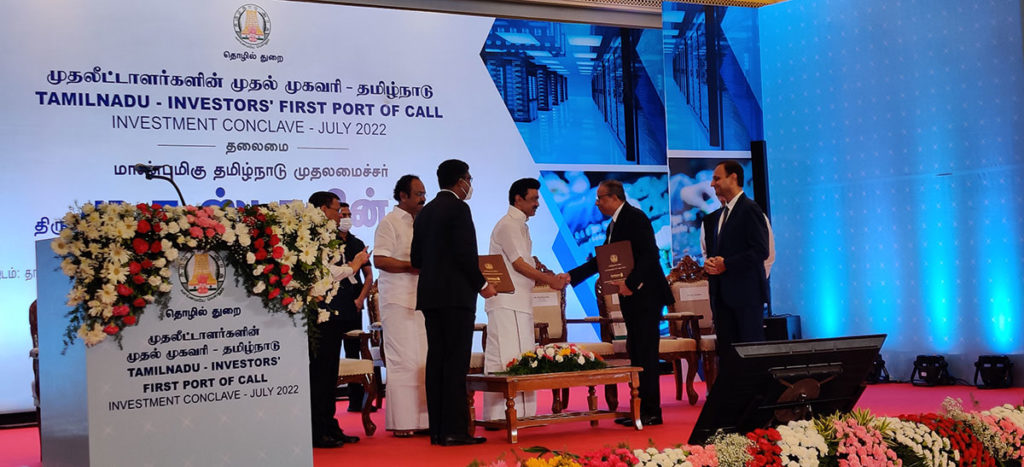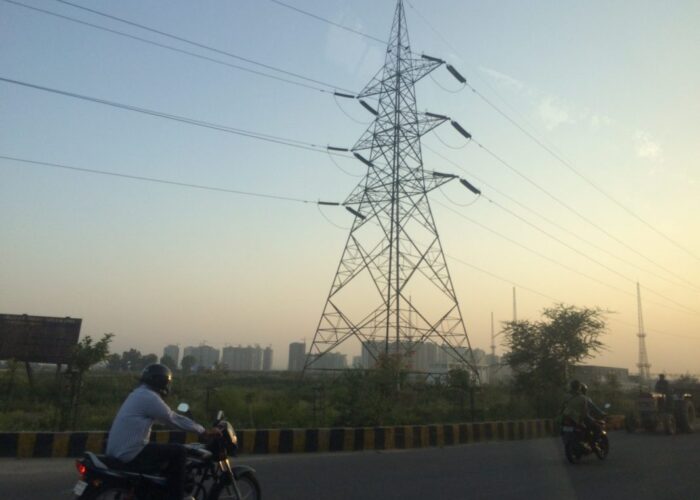
Indian integrated energy company Tata Power Renewable Energy has signed two memoranda of understanding (MOU) with the state government of Tamil Nadu for renewable energy project development and solar manufacturing.
The latter of these MOUs will see Tata Power expand its 4GW solar cell and 4GW module production facility in Tamil Nadu by a further 300MW each. The initial factory was announced in July 2022, when Tata said it would produce both p-type passivated emitter and rear contact (PERC) and n-type tunnel oxide passivated contact (TOPCon) cells and modules. This expansion will add 300MW of exclusively TOPCon to both the cell and module assembly lines.
Try Premium for just $1
- Full premium access for the first month at only $1
- Converts to an annual rate after 30 days unless cancelled
- Cancel anytime during the trial period
Premium Benefits
- Expert industry analysis and interviews
- Digital access to PV Tech Power journal
- Exclusive event discounts
Or get the full Premium subscription right away
Or continue reading this article for free
The MOU will represent an investment of around INR800 crore (US$96.4 million) over the next two years.
In the second round of the Indian government’s production-linked incentive (PLI) scheme from March 2023 – its scheme to stimulate a domestic solar manufacturing base – Tata Power was awarded 2.4GW of solar manufacturing capacity representing INR3.83 billion (US$46 million).
India has been struggling to onshore its solar manufacturing in the last year. Its protectionist basic customs duty (BCD) tariff on Chinese solar imports and the Approved List of Models and Manufacturers (ALMM) programme were effective in controlling the access of imported solar products to its market, but the incentives for domestic producers – led by the PLI – were not strong enough to pick up the slack.
This resulted in issues around module procurement which led the government to relax the ALMM for two years in order to remedy the country’s falling solar deployment rate.
10GW of renewables
In the other MOU, Tata said it will “explore opportunities” to develop 10GW of solar, wind, hybrid and other renewable energy sources in Tamil Nadu over the next five to seven years. The projects will be “strategically located” across 50,000 acres of land in the state, and will represent a potential INR70,000 crore in investment.
Tamil Nadu installed the fourth-most solar PV generation capacity of all Indian states in 2023, a year which saw deployment rates fall by 28% year-on-year. Utility-scale projects in particular underperformed last year, dropping by 42.5% compared with 2022. JMK Research – the author of the figures – attributed this drop-off to poor tendering activity between 2020-2022, but said that the outlook for tender-based deployments is more positive in the coming years.






